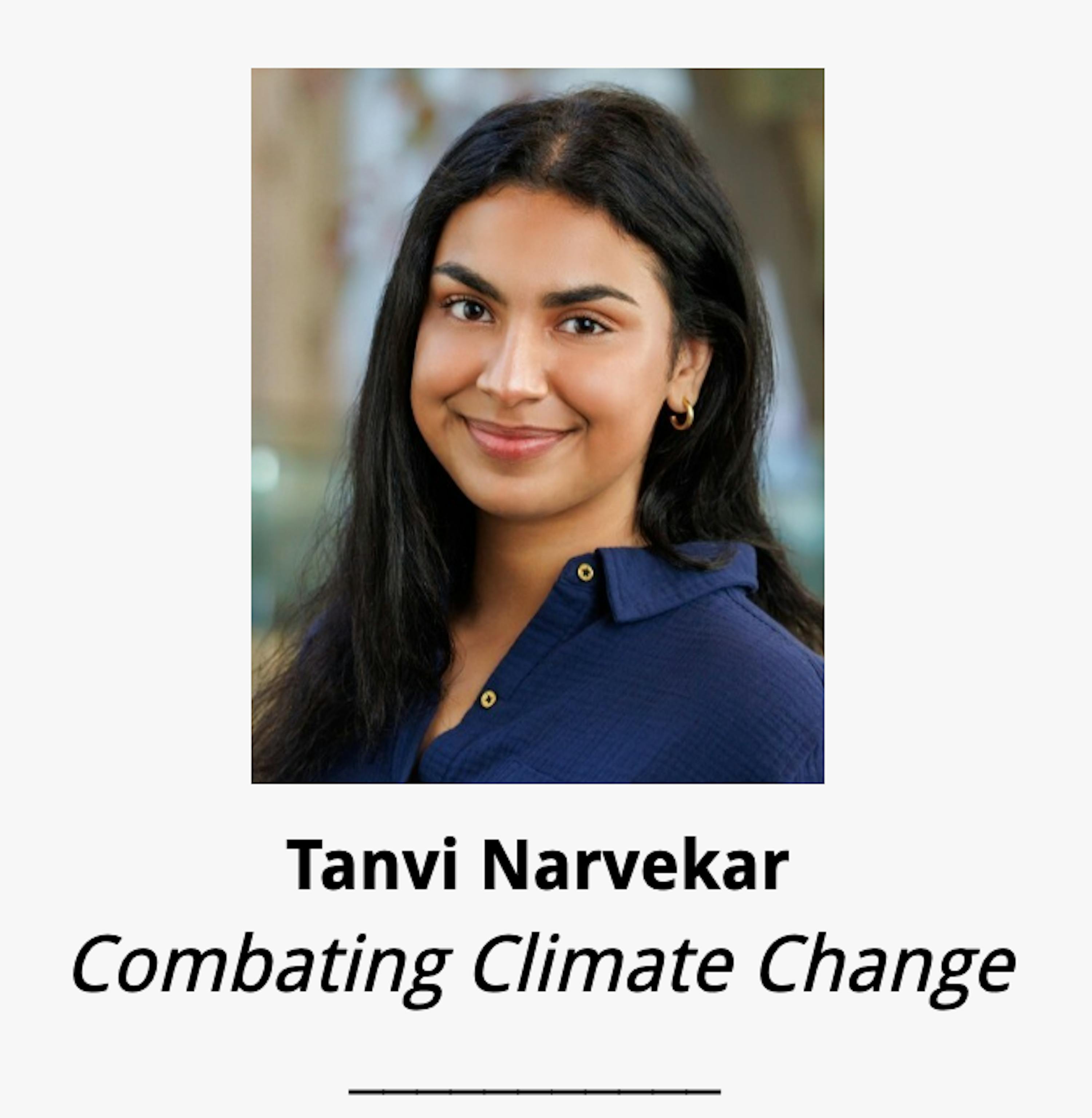
Only a couple of weeks ago, the 2022 United Nations Climate Change Conference, also known as COP27, convened to discuss major issues around climate change. While these big conversations are great, it is important that smaller conversations on a community or individual scale happen as well. Starting to discuss climate change is undoubtedly difficult. It doesn’t tend to be a light dinner table conversation.
Climate change is a heavy topic, and the idea that the Earth’s lifespan has a timer attached to it doesn’t ease the weight. I believe that one reason why these conversations are difficult is because of climate anxiety. Because of this anxiety, it is not surprising that there are people who refuse to believe that climate change even exists. Unfortunately, climate change will exist whether or not there are people who want to believe in it.
However, while there are definitely noticeable effects of climate change, the effects do not seem to be as drastic for the U.S. as they are for island nations. There is a privilege associated with being able to be ignorant about the effects of climate change. This privilege definitely extends to me. Although I’m passionate about climate change and climate change reform, I’m able to go about my day not focusing on climate change.
When I research and write articles for this column there are moments when I get very anxious about climate change. Because of the size of the problem and my feelings of inability that I can’t do anything about it, I start to feel very guilty.
Climate psychology is a field that takes into account these feelings of anxiety and worry regarding climate change and tries to promote reform. Climate psychologists aim to integrate concepts of environmental, racial and economic justice to help aid in healing the planet from our ecological crisis.
Barbara Easterlin is a Steering Committee member of the Climate Psychology Alliance of North America and has dedicated a majority of her life to studying ecology and clinical psychology. When it comes to having these conversations, she said in an interview with The News-Letter that climate psychology is aimed at trying to help people develop skills to cope with the reality of climate change.
“The bottom line is that in order to get to net zero in carbon emissions, many of us will have to change our behaviors... and behavior change is [fundamentally] psychological in nature, “ she said. “When people feel equipped to cope with a seemingly insurmountable problem such as climate change, then they will feel more capable and to inform themselves further and confront what they must do to make changes that help amplify justice and help the planet.”
I would like to introduce the idea of being an imperfect environmentalist. Being an imperfect environmentalist means that you can make small changes and efforts to help reduce your own impact on climate change and protect the environment. As the name implies, it doesn’t mean that your carbon footprint is zero, but it means that you’re doing what you have the capacity to do.
If you’re an avid fan of the Brody Learning Commons (BLC) cafe, you may be aware of the Blue Jays Go Green challenge that the Homewood Recycling Office ran over the months of October and November. The goal of this initiative was to promote customers bringing their own reusable coffee tumbler or mug as an alternative to having to use a disposable cup. With the traffic that the BLC cafe brings daily, it is not difficult to imagine the amount of plastic and paper cup waste that gets produced on the daily.
Leanna Houser has been working for Hopkins sustainability for 20 years and has been running the Homewood Recycling Office since 2013. In an interview with The News-Letter, Houser expressed that she thinks that we can start to make changes in small ways.
“How can we make these actions that are challenging to adopt... How can we make those easier? How can we make them part of a regular routine? You’re not always going to remember your mug and that’s okay. If you remember it some of the time, awesome,“ she said. “If you remember it one time and you have never brought it before, that’s great you know. It’s all about building routines and breaking barriers.”
Houser also discussed how bringing a personal cup or tumbler for coffee can become as common as bringing your own water bottle, a concept that has become increasingly common in recent years.
Connecting it back to the idea of being an imperfect environmentalist, any effort made is an effort made to combat the destruction of the environment. It is important to acknowledge that systems that have been kept in place have made it hard to be an environmentalist at times.
Here are some actions that you can make to be an imperfect environmentalist on the daily:
- Carpool or take public transport.
- Bring your own reusable mug to BLC cafe!
- Shop second-hand or at thrift stores! (Bottle and Bread in Hampden is a great option.)
Tanvi Narvekar is a senior from the Bay Area, Calif. majoring in Neuroscience and Psychology. Combating Climate Change is an ode to her passion for climate change action and helping with its mitigation. The goal of the column is to educate about current events and future action regarding climate change.





